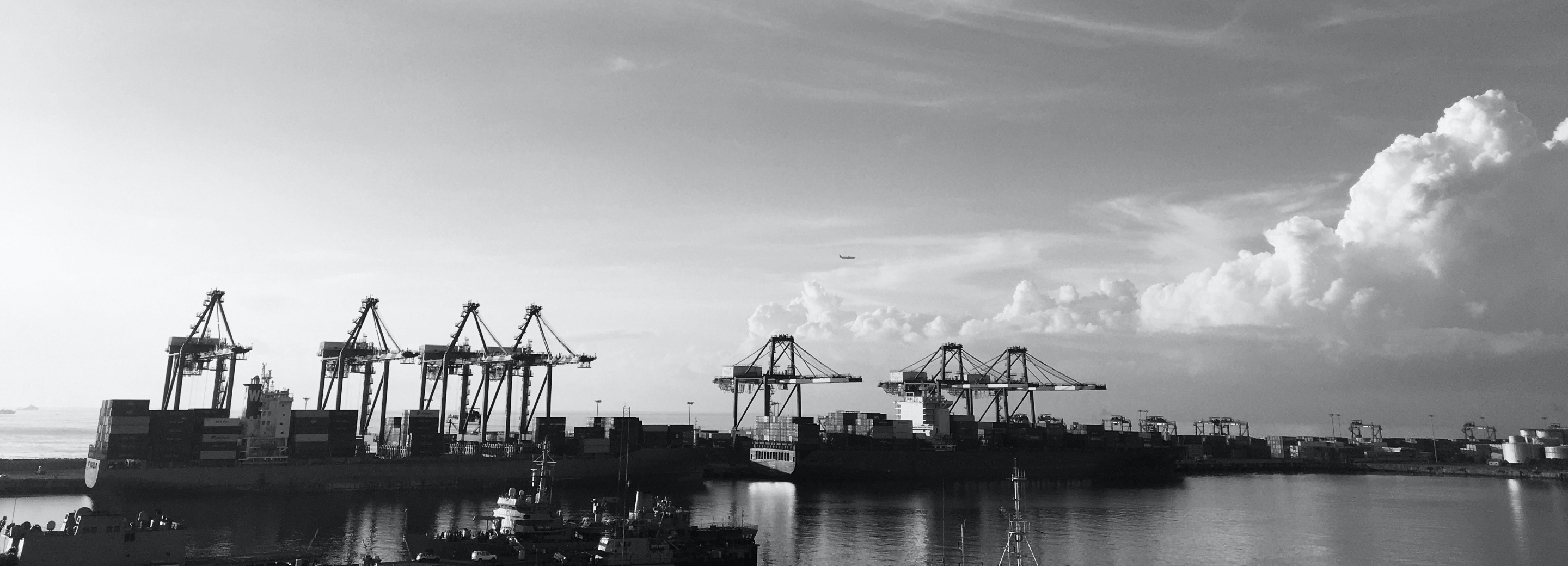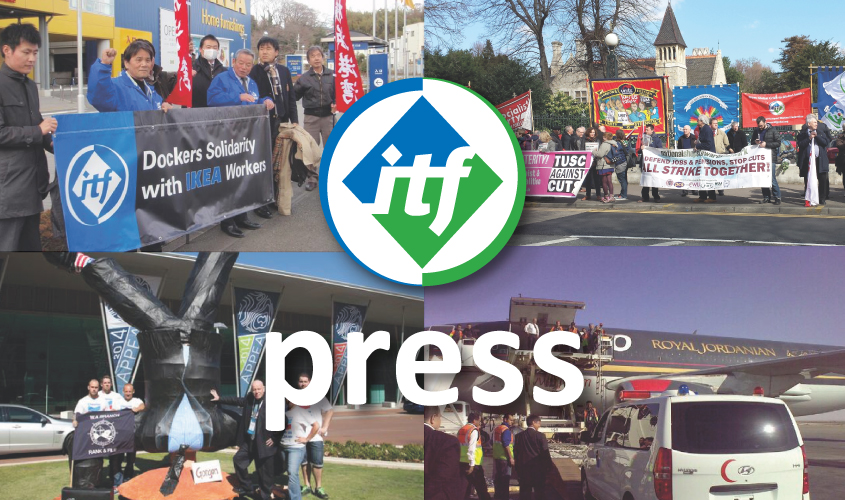
The court acted after the seafarers’ confederation, CONTTMAF, alerted it to threats to crew and anti-union actions by oil carrier Transpetro aimed at breaking the strike, and after the company tried and failed to block the legal strike action. Meanwhile the ITF (International Transport Workers’ Federation) intervened with the Brazilian government and the ILO (International Labour Organization) – see.
The strike began on 14 May over health and safety standards and discriminatory practices that potentially undermined the national flag identity of Brazil’s offshore and cabotage fleet - see. . On the eve of the action Petrobras/Transpetro sent a highly inflammatory manual to ship’s masters requiring them to adopt ‘contingency measures’ to obstruct the strike and at the same time tried to persuade the Superior Labour Court to declare the – entirely lawful – industrial action illegal.
The manual incited masters to take actions that were a clear attack on the seafarers’ union rights, including: disembarking legally striking seafarers; forbidding trade union representatives from visiting their members; prohibiting seafarers from contacting their union; and even suggesting masters detain strikers in the ship’s engine room casing.
Some masters followed these suggestions, creating confusion, minor injuries and some cases of reported physical violence. Despite all the company's efforts, the strike continued, using an escalating scale of industrial action that impacted ships’ speeds and cargo handling.
The company also failed on the legal front. The court ruled that the legal request made by Petrobras/Transpetro could not be granted. It also stated that the right to strike is protected by the National Constitution. The judge called both parties to a conciliatory hearing on 17 May.
Severino Almeida, CONTTMAF president, commented: “Not only has the company instructed their masters and managers to illegally attack, punish and detain workers exercising their right to strike, but they are so blatant that they even did it in writing. Fortunately, the judge helped to generate understanding. Our members will now vote on this agreement."
CONTTMAF agreed that the strike would be suspended until 23:59 local time, the time required to inform all members working on vessels. Consultation on the final, pending clauses will take place over the next 15 days. If approved, they will then be taken to the labour ministry for validation. Should the company not respect the agreement, a mandatory ruling would be likely to be made by the court.
Speaking from the conciliatory hearing, ITF Americas regional secretary Antonio Fritz commented: "We’ve seen the written and video evidence and the company has acted shamefully. Fortunately the points raised by the unions have been recognised and a proposed agreement reached. Brazilian seafarers are now being consulted on this in the correct and democratic manner.”
ITF general secretary Steve Cotton commented: "The ITF and its unions have committed ourselves to offering our colleagues in Brazil all the support they need. These illegal attacks on workers’ rights cannot be tolerated and we need to ensure that they are never repeated. We congratulate all the seafarers who, despite the intimidation stood up to be counted. We are happy that an apparently acceptable agreement is being reached that gives the seafarers what they deserve.
“Good faith, fair and honest collective bargaining is essential and we congratulate the judge, Minister of the Superior Labour Court Katia Arruda, for having mediated this conflict."
Paddy Crumlin, ITF president, concluded: "Governments have a clear obligation. They have to enforce respect for the law and establish the appropriate environment for unions and employers to negotiate decent working conditions.”
